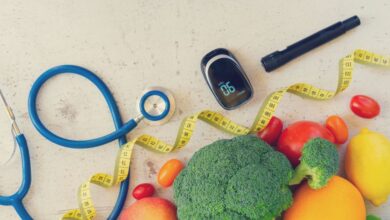What to Eat and What to Avoid with Stomach Acidity

What are stomach acids?
During meals, food is transported from the mouth through the esophagus to the stomach. The esophageal sphincter, also known as the muscular valve, allows the passage of food into the stomach. Once in the stomach, the valve closes, preventing the backflow of stomach acid into the esophagus. Acid reflux, a condition where stomach acid returns to the esophagus, is prevalent, affecting over 20% of people. It can be accompanied by stomach bloating, burning, and regurgitation during meals. Salty, fatty foods or excessive spice intake can relax the muscular valve, slowing down the digestive process.
Which foods to avoid with stomach acidity?
Foods that trigger acidity include chips, pizza, fried food, tomato sauces, spicy foods, seasonings like red pepper, black pepper, and white pepper; fatty meats like bacon, cheese, chocolate; and beverages such as carbonated drinks, alcohol, etc.
Recommended foods in the presence of stomach acidity:
- Alkaline foods: Alkalization neutralizes acidity. Alkaline foods have a high pH (above 7). Examples include watermelon, bananas, coconut, nuts, avocado, spinach, lemon, carrots, etc.
- Whole grains: Foods like couscous, brown rice, and oatmeal.
- Green vegetables: Broccoli and green beans.
- Root vegetables: Besides carrots, suitable options are beets, sweet potatoes, etc.
- High-water-content foods: Cucumber, watermelon, lettuce, celery, etc., as well as teas and broths.
- Milk: Milk can alleviate acidity, but it’s essential that it’s not high in fat, as fats can provoke acidity.
- Ginger: Ginger has anti-inflammatory effects and soothes stomach irritation.
- Lemon juice: While inherently acidic, when mixed with a bit of honey and warm water, it becomes alkaline, neutralizing stomach acid.
Important dietary habits:
- Eat more frequently but in smaller portions.
- Avoid lying down immediately after eating; wait at least 2-3 hours.
- Avoid exercising right after eating, as it may lead to acidity.
- Prefer cooked or baked foods over fried ones.
If acidity persists despite dietary changes, consultation with a gastroenterologist is necessary. In most cases, proper diet and medications can alleviate this condition.

